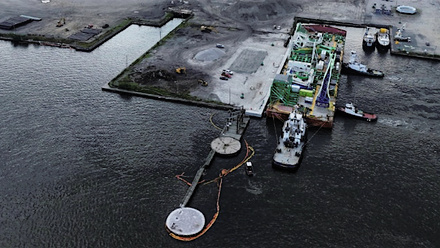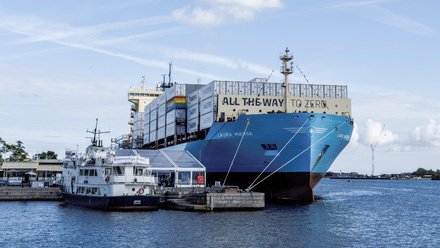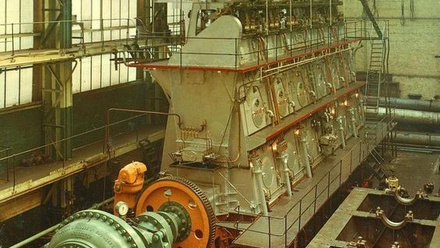Location: Delft University of Technology – ME Faculty – lecture hall D (James Watt), Mekelweg 2, 2628 CD Delft
Alternatively, join us on online!
Booking information:
How do we make shipping CO2-neutral? According to the speakers, the answer to that question leads to "dual-fuel" engine technology using the renewable fuels hydrogen or methanol. The first presentation will start to explain why this is so and what exactly this technology encompasses. Next, Jeroen Dierickx will share his Ph.D. research in this field. This research had two objectives: on the one hand to experimentally test methanol dual-fuel operation with the aim to investigate the potential regarding e.g. efficiency and emissions; and on the other hand to model the dual-fuel combustion process with hydrogen and methanol in order to accelerate the development process.
In the second Technical Presentation, Luc Mattheeuws will share an extended version of his award-winning presentation at the 30th CIMAC congress in Busan – South Korea last June. The abstract of the paper on which the presentation is based is given below:
At the 29th CIMAC conference Anglo Belgian Corporation (ABC) announced a development track for new generation alternative fuels. With growing market interest, ABC prepared its first dual-fuel engines on hydrogen ready for the field. ABC's first hydrogen dual fuel engine will be marketed under the brand name BEHYDRO.
Applications for the hydrogen dual fuel combustion engines are within the marine sector, traction and power generation, which requires a continuous running engine, while the supply of hydrogen is possibly uncertain. ABC’s hydrogen dual fuel engine is ready for market.
In order to bring even more clean and renewable engines to the market, we continued the path of lesson learned from our dual fuel development and further designed it into a spark ignited version for pure hydrogen. This engine is designed to work on pure hydrogen as well as less pure hydrogen. The latter poses problems for fuel cells, but not for our spark ignited engines.
Clean exhaust and adhering to the highest emission legislation were needed to compete with fuel cells. Besides, reliable and strong design, typical for ABC engines which is our design philosophy, needed to be maintained. Applications will be in marine, traction and power generation, where competition with fuel cells is starting.
In this paper we describe how the combustion technology of hydrogen was integrated from single cylinder results to a full scale installed and running engine with optimized control system. During the research, design and development phase, most care was taken for the design of a gas safe concept. When multiple weeks of independence is needed by shipowners, we investigate methanol development as well to continue to meet the same clean and emission requirements.







